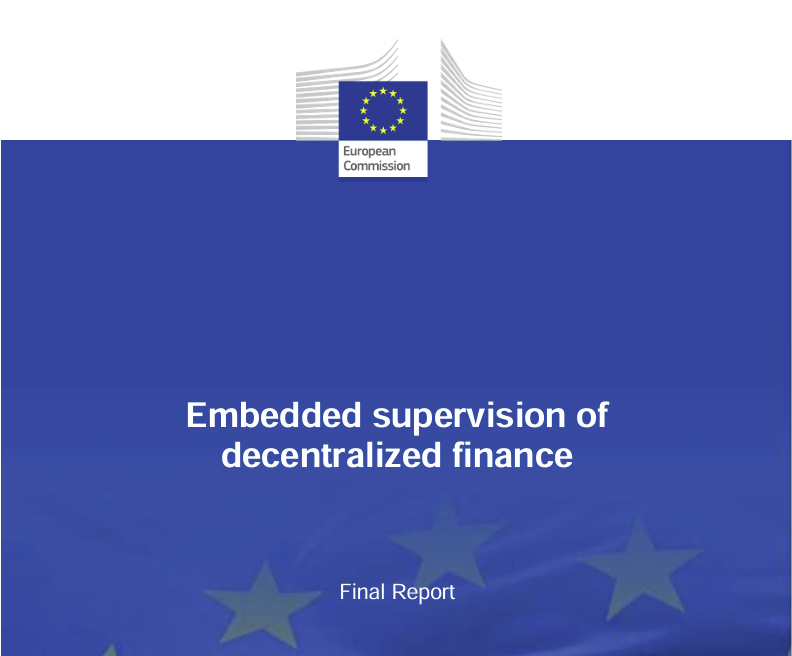Peter Oakes is a recognised expert in fintech, digital assets, and regulatory strategy. He is the founder of Fintech Ireland (www.fintechireland.com) and Periti AI (www.periti.ai), organisations dedicated to advancing the frontier of financial technology through deep industry insight and artificial intelligence. He is a director of several regulated financial services firms in the MiFID, CASP and Payments industries and is Board Adviser to Intercept Technologies Limited (a full suite cybersecurity governance, risk & compliance business also providing threat detection and prevention and penetration testing services to the regulated fintech community).
The paper distinguishes between two types of tokens:
- Digitally Native Tokens: Issued directly on a DLT.
- Non-Native Tokens: Digital representations of existing assets issued elsewhere.
Key benefits identified by the CBI and emphasised by Fintech Ireland include:
- 24/7/365 Availability: Near-instant settlement and continuous system uptime.
- Fractionalisation: Dividing ownership into smaller digital units to broaden participation and increase liquidity in once-inaccessible assets.
- Programmability: The use of smart contracts to automate corporate actions like dividend payments or collateral management.
- Legal and Regulatory Clarity: Establishing what represents an enforceable claim on a tokenised asset.
- Interoperability: Avoiding "walled gardens" by ensuring different DLT platforms can communicate through common standards.
- Tokenisation of Assets and Money: Ensuring both sides of a transaction (asset and payment) are on-chain to allow for atomic swaps.
- Settlement in Central Bank Money: The CBI insists that central bank money must remain the ultimate settlement asset to ensure financial stability.
- Operational Resilience: Adhering to the Digital Operational Resilience Act (DORA) to manage network congestion and cyber risks.
- Digital Identity: Implementing verifiable identity frameworks to prevent illicit activity.
- Transparent Governance: Ensuring clear accountability, especially in permissionless systems where no single entity currently holds responsibility.
The Fund Ecosystem
The CBI notes that Irish-authorised funds are already exploring "digital twin" models for share classes. Peter Oakes points out that tokenisation could automate fund workflows—such as eligibility checks and fee structures—through smart contracts.
Money Market Funds (MMFs) and ETFs
The paper highlights the rapid growth of Tokenised MMFs (TMMFs), which grew from $770 million in 2023 to nearly $10 billion by late 2025. Peter Oakes draws attention to the CBI's use cases, which suggest TMMFs could be used as high-speed collateral in margin arrangements. Similarly, tokenising ETFs could enable more automated "Delivery versus Payment" (DvP) processes.
- Wholesale CBDCs: Initiatives like the Eurosystem’s "Pontes" (short-term) and "Appia" (long-term) projects to enable DLT settlement in central bank money.
- Tokenised Deposits: A "promising" pathway for regulated banks to offer DLT efficiencies while maintaining existing consumer protections.
- Stablecoins: Referred to by the CBI as "private settlement assets," these are growing fast but lack the deposit guarantees of traditional money.
- Disintermediation: Moving functions away from regulated entities like CSDs and toward private "validators" or "oracle" providers who may have weaker oversight.
- Smart Contract Risk: Coding errors that can lead to irreversible asset loss.
- Oracle Risk: Reliance on external data feeds which, if manipulated, can trigger incorrect liquidations.
- Liquidity Fragmentation: The risk that having both tokenised and traditional versions of an asset could split liquidity and complicate price discovery.
At Fintech Ireland and Periti AI, we believe this Discussion Paper serves as a vital roadmap. The goal is to foster an ecosystem that balances the "brilliance" of technological innovation with the unwavering necessity of market integrity and consumer protection.

Long - Audio Podcast
Short - Audio Podcast
Click the Listen Button?
Looking for the Discussion Paper? CLICK HERE
Looking for the Central Bank of Ireland Announcement? CLICK HERE


